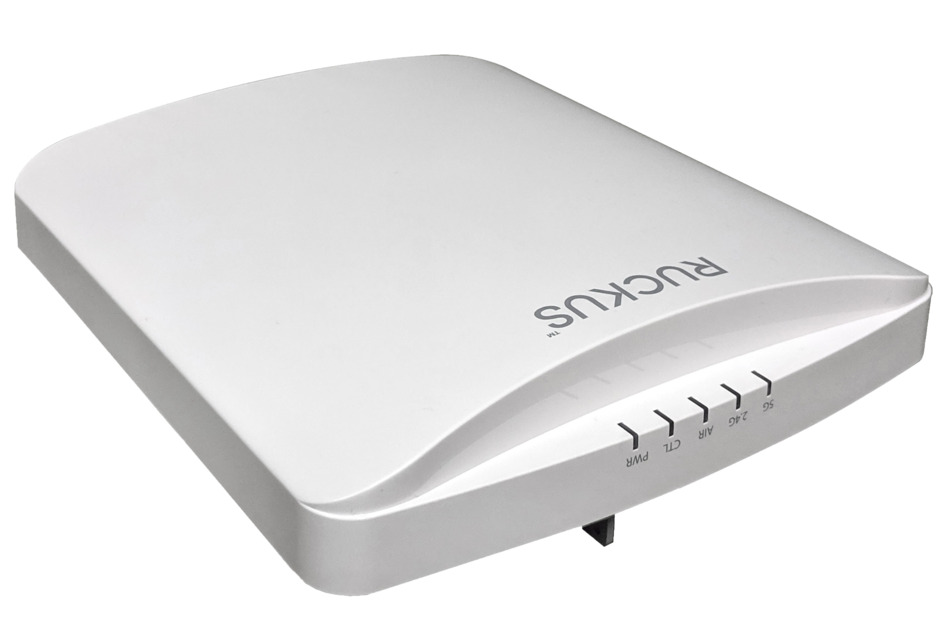Key Challenges of Outdoor Connectivity
Distance and Coverage: Outdoor environments often require wireless networks to cover large areas, making it challenging to ensure consistent coverage and signal strength across the entire area, especially in remote or expansive locations.
Terrain and Obstacles: challenging outdoor connectivity obstacles such as hills, trees, buildings, and infrastructure can obstruct wireless signals and create shadow zones, leading to signal degradation and dead spots in coverage.
Weather Conditions: Adverse weather conditions such as rain, snow, wind, and temperature fluctuations can affect the performance and reliability of outdoor wireless networks, causing signal attenuation, interference, and equipment damage.
Interference: Outdoor environments are prone to interference from other wireless devices, electromagnetic radiation, and industrial equipment, leading to signal degradation, reduced throughput, and connectivity issues.
Power and Connectivity: Establishing power and connectivity infrastructure in outdoor locations can be challenging, particularly in remote or off-grid areas where access to electricity and internet connectivity is limited or unavailable.
Security and Reliability: Outdoor networks are susceptible to security threats, unauthorized access, and cyberattacks, necessitating robust security measures to protect sensitive data and ensure network reliability.
Solutions for Outdoor Connectivity Challenges
High-Gain Antennas: Deploy high-gain antennas to increase the range and coverage of outdoor wireless networks, allowing signals to penetrate obstacles and reach distant locations more effectively.
Mesh Networking: Implement mesh networking technologies that enable devices to communicate with each other and relay data across multiple nodes, creating a self-healing network topology that can adapt to changing conditions and overcome coverage gaps.
Frequency Selection: Choose optimal frequency bands and channels that minimize interference and maximize signal propagation in outdoor environments. Utilize licensed frequencies or dynamic frequency selection (DFS) to avoid congested bands and regulatory restrictions.
Weatherproof Equipment: Use weatherproof and ruggedized hardware designed to withstand harsh environmental conditions, including outdoor access points, enclosures, and cables. Ensure proper grounding and protection against water, dust, and temperature extremes.
Power Management: Deploy solar panels, battery backups, or alternative power sources to provide reliable power supply for outdoor network equipment, especially in off-grid or remote locations where access to electricity is limited.
Advanced Encryption: Implement strong encryption protocols such as WPA3 (Wi-Fi Protected Access 3) and VPNs (Virtual Private Networks) to secure data transmitted over outdoor networks and protect against unauthorized access and eavesdropping.
Site Survey and Planning: Conduct thorough site surveys and RF (radio frequency) analysis to assess environmental factors, identify potential sources of interference, and optimize the placement and configuration of wireless equipment for maximum coverage and performance.
Redundancy and Resilience: Implement redundant network infrastructure, backup connections, and failover mechanisms to ensure continuous operation and resilience against equipment failure, network outages, and unforeseen events.
Conclusion
Overcoming the challenges of outdoor connectivity requires a combination of advanced technologies, careful planning, and robust infrastructure. By deploying the right solutions and best practices, organizations can establish reliable and resilient wireless networks that meet the demanding requirements of outdoor applications, enabling connectivity and communication in even the most challenging environments.
For more info. visit us:
challenging outdoor connectivity





Comments